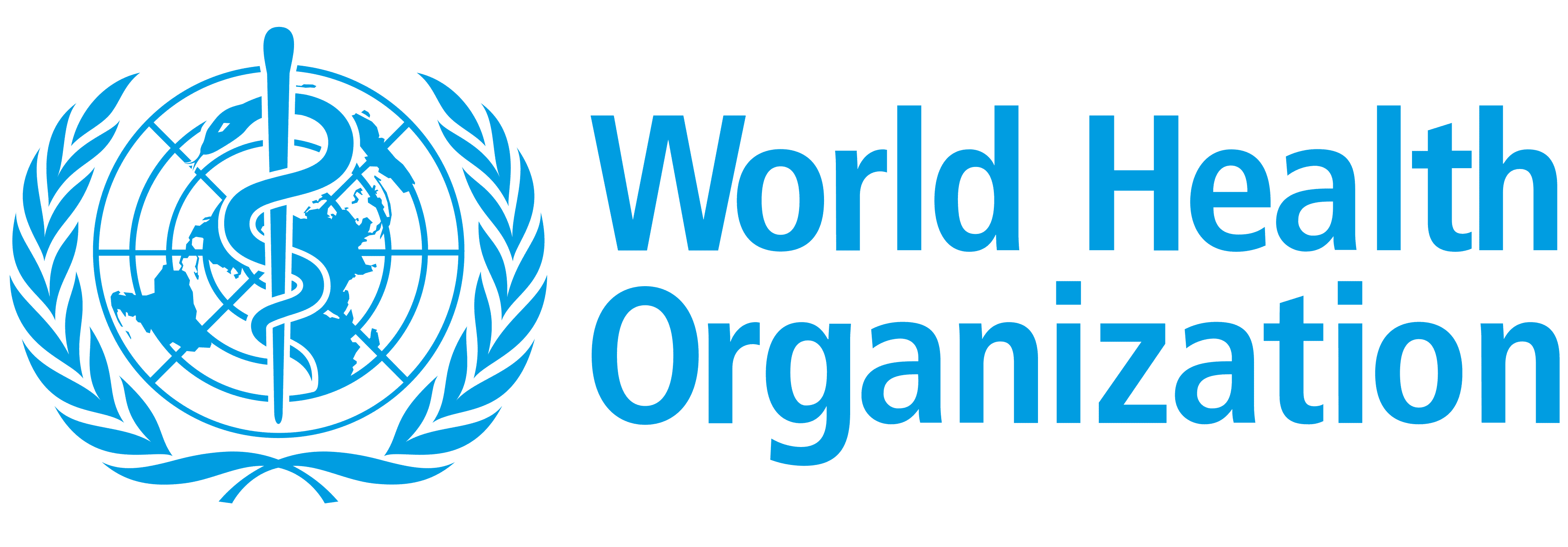
Country | Successes | Barriers |
|---|---|---|
Albania | ||
Armenia | Success with respect to case management the laboratory investigation capacities in the country. | Absence of case-management protocols, lack of trainings, and low awareness on arboviral infections. |
Bosnia and Herzegovina | ||
Bulgaria | ||
Croatia | Interdisciplinary and multisectoral "One Health" approach | |
France | Important territorial network in first and second level care. | For Réunion, seroprevalence of dengue following several epidemic seasons with a high risk of secondary dengue fever and serious cases; differential diagnosis of leptospirosis |
Georgia | Laboratory capacity as a success. | Lack of specialists and laboratory capabilities locally at the medical facilities |
Germany | Seminars, training, higher compensations | Seminars, training |
Greece | Laboratory capacity - laboratory expertise, free-of-charge (for the patient) diagnosis. | Timeliness of diagnosis - Awareness of clinicians regarding imported cases of non-endemic diseases - Regular training. |
Hungary | ||
Italy | ||
Malta | Physicians are capable of managing such cases | |
Monaco | ||
Portugal | ||
Romania | Experience in case management of West Nile fever | For other non-WNV arboviral disease this can be a challenge |
San Marino | ||
Slovenia | Well trained clinical personal contributes to the success in management of the patients with arboviral diseases. There are no serious barriers or challenges with respect to case management. | |
Spain | ||
Switzerland | Enough capacity | Discovery of first local case could be difficult/delayed. All mosquito-borne arboviral disease cases have been travel-related up to now. Due to a lack of awareness, it might be difficult for the clinical staff to detect a first autochthonous case in a person without travel-history |
Turkey |
